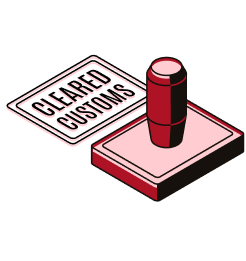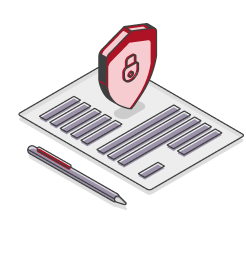International Moving Services for Your Personal Belongings to/from Vietnam
Whether relocating to Vietnam, Thailand, Singapore, or beyond, FNM Vietnam provides a turnkey solution for moving your personal belongings, from pickup to delivery.
Personal Belongings Moving Services
Whether you're relocating for a new job, to join your family, or for studies, we ensure your belongings are transported with complete peace of mind. We handle your furniture, decor, appliances, clothing, and other personal items, regardless of the volume.

High-value items
Large items
Fragile items
Personal belongings

Appliances

Clothes
Choose the option that suits you
Eco Offer
A budget-friendly solution for your essential needs.
Get your quoteOffer details
- Pick-up
- International freight
- Customs clearance
- Delivery
- Insurance (optional)
Medium Offer
The perfect balance between service and cost.
Get your quoteOffer details
- Loading at departure
- Pick-up
- International freight
- Customs clearance
- Delivery
- Unloading at destination
- Insurance (optional)
Premium Offer
An all-inclusive service hassle-free service.
Get your quoteOffer details
- Packing at departure
- Loading at departure
- International freight
- Customs clearance
- Delivery
- Unloading at destination
- Unpacking at destination
- Insurance (optional)
Ship Your Belongings Without Stress. Let’s Discuss Your Relocation to/from the Vietnam!
Explore the best options for moving personal belongings to Vietnam or Southeast Asia.


Clients Testimonials
We can't make this up - See why businesses worldwide trust us with their shipments every day.
I contacted DocShipper to organize the import of board games from Asia to Switzerland. Despite my lack of experience in the field and the modest size of my request, my dealings with the staff were always professional and efficient. I received sound advice and the staff always took the time to answer my questions. I look forward to working with DocShipper for the import of my goods and highly recommend their services.
Mavrik Grangier
December 10, 2024My name is Ad Van Den Bosh. I am a Dutch business man cross-trading in the Far East. I reached Robert Houwayek (DocShipper's representative) to clear a 40HC of greenhouse equipment from Qingdao, and deliver it to Lan Krabue in no time. He suggested that I request a Form E, which I did from the supplier, and was able to enjoy a preferential tariff treatment. DocShipper, a way to help you save both time and money!!
Ad van den Bosch
March 5, 2024I recently used Docshipper to ship my appliances from Germany to Thailand, and I'm thrilled with the service I received! [...]The team was professional, responsive, and kept me informed every step of the way. The packaging and handling of my appliances were top-notch, and they arrived in perfect condition. I was impressed with the attention to detail and care taken to ensure a safe and successful transport. I really recommend Docshipper for it.
Chemmie Chatuphorn
November 28, 2024In the event of goods being stuck at customs, Robert [...] is a customs broker you should arguably consider to release your cargo. Once I knew that my scale modeling tools coming from Spain are being withheld at Suvarnabhumi Airport, I resorted to him to release it and handle the last mile delivery. All what he asked me is to send 2 emails to be able to do it! [...] Well guess what, within 48 hours, it was done! I got my parcel at my place in Phuket.
Chan chan
Mar 5, 2024A vice president caught up in the thick of thin things, an EXW shipment of plumbing supplies for irrigation from Eureka California to Costa Rica is definitely not what I’d like to have on my agenda. Robert’s hang-in-there posture toward any arising challenges in shipping. [...] skillfully handled all US export formalities incl. SED/AES filing, not to mention the sea freight from Oakland POL. Everything ended up working out like a charm!
Dave Sheppard
July 10, 2024I feel they covered everything. DocShipper shipped a 20- ft Milvan overseas to Laem Chabang for a customer. The team was responsible for shipping the shipping to another country. Having very little knowledge in this area, I didn't know how to organise myself . One week after my arrival on the Asian continent. Marc O. Was available at all times and nearly instant feedback. Made a stressful event much easier and he definitely knows his job.
Anonymous, Indiana
Aug 9, 2023Available Transportation Options
Depending on the nature of your belongings, your timeline, and your budget, we offer several options to transport your personal belongings to or from Vietnam:
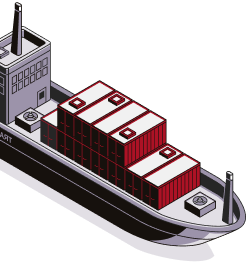

Ideal for large volumes and full house moves. Sea freight is the most cost-effective solution for large-scale relocations, especially when moving from China, Thailand, or Malaysia to Vietnam.
More DetailsNeed to move quickly? Air freight is the best option for small-sized belongings or urgent shipments. It’s ideal for moving household goods fast to Vietnam or Southeast Asia.
More Details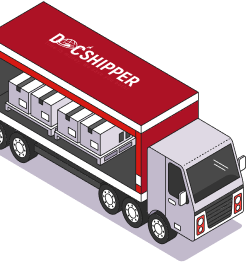

A flexible solution for relocations between neighboring countries in Southeast Asia, such as between Vietnam and Thailand, or Malaysia and Singapore.
More DetailsComprehensive Support
at Every Step
From the first contact to the final delivery, we coordinate all operations so you don’t have to worry about a thing.
Contact us for a free quote. We analyze your needs to offer the most suitable solution for moving to Vietnam.
Our teams prepare your belongings for transport: packing, protecting furniture, and disassembling/reassembling if needed.
Depending on the chosen transport mode, we coordinate the shipment to ensure everything runs smoothly.
We handle customs clearance for a smooth and quick process through Vietnamese customs, ensuring your belongings arrive without delays.
Upon arrival at your destination, we unpack and install your belongings according to your instructions, so you feel at home from day one.
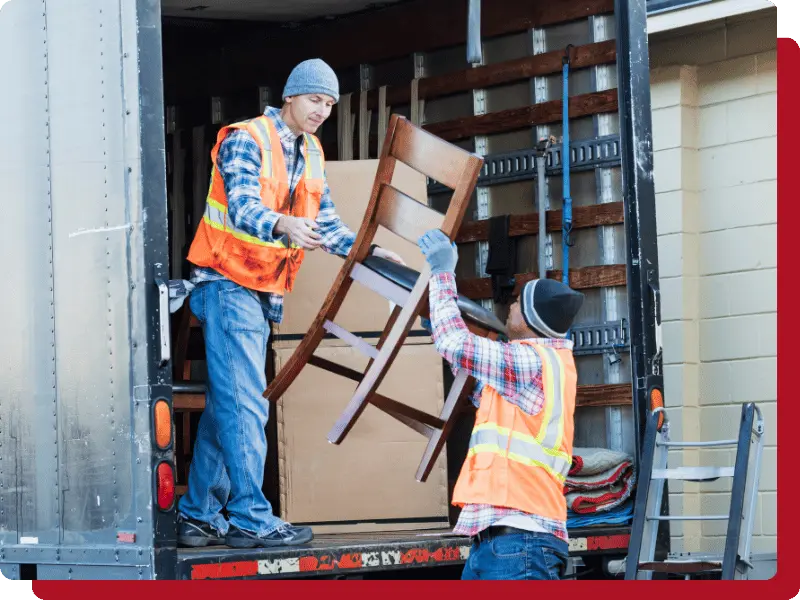

Corporate and Office
Moving Services
Need to relocate your business to Vietnam or other parts of Southeast Asia? Our Vietnam moving services offer specialized office relocation to ensure the safe transport of your office furniture, IT equipment, and other essential business materials. We minimize disruptions to ensure a smooth transition for your operations.
Why Choose FNM Vietnam for Your Relocation?
Effortless Relocation for You
We manage the entire relocation process, from initial planning to final delivery. You don’t have to handle anything, each step is under our control, ensuring total peace of mind.
Local Presence and Strong Network in Southeast Asia
With teams on the ground in Vietnam, Thailand, Malaysia, and Singapore, we have a deep understanding of local specifics. This presence allows us to handle all auxiliary operations such as customs clearance, storage, and even unpacking upon arrival.
Your Belongings Are Protected
As one of the few companies offering a specialized service for personal belongings shipping, we take pride in ensuring the safety of every item. From packing to handling, we apply strict quality standards to prevent any damage or loss.
Flexibility for All Your Specific Needs
Whether you need to ship artwork, musical instruments, or large items, we find the right logistical solution. FNM Vietnam is proud to accommodate all your needs, even the most complex ones.
FAQ – Moving Services in Vietnam
Not ready yet?
Ask us any question,
and we’ll get back to you!
Not sure if it’s the right solution or have doubts in mind? No problem—just ask us. We’ll guide you honestly, no commitment required.


